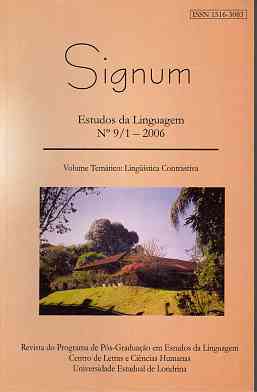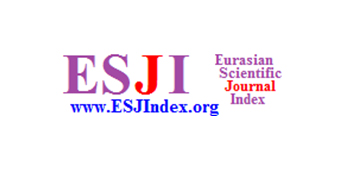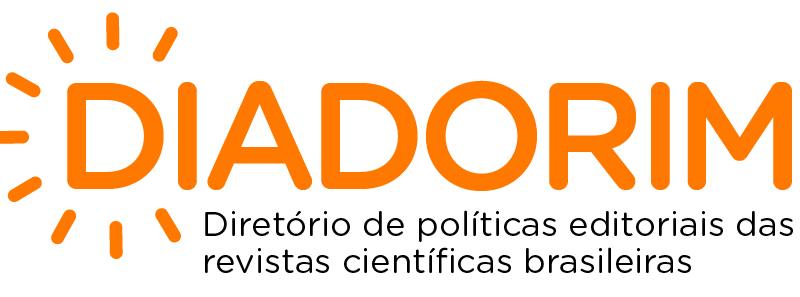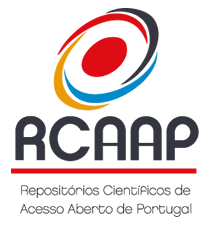Contrastive Analysis at Work: Theoretical Considerations and Their Practical Implications
DOI:
https://doi.org/10.5433/2237-4876.2006v9n1p111Keywords:
Contrastive Analysis, Serbo-Croat—English Contrastive Grammar, Reflexivity, Middleness, Language Pedagogy.Abstract
This paper reports on the results of a corpus-based and pedagogically oriented contrastive analysis aimed to complement and supplement the results of the Yugoslav Serbo-Croat—English Contrastive project, representing also a contribution to a revised edition of Serbo-Croat—English Contrastive Grammar. The analysis specifically focuses on verbal reflexivity and middleness in the two languages, confining itself to the so-called ‘se-verbs’, verbs followed by the morpheme se in Serbo-Croat and their English translation equivalents. Some theoretical and methodological innovations in contrastive linguistic research are discussed in the first part of the paper, concluding that further research within the proposed framework can yield contrastively valuable results that can be further applied to a variety of study fields, primarily to language pedagogy.
















